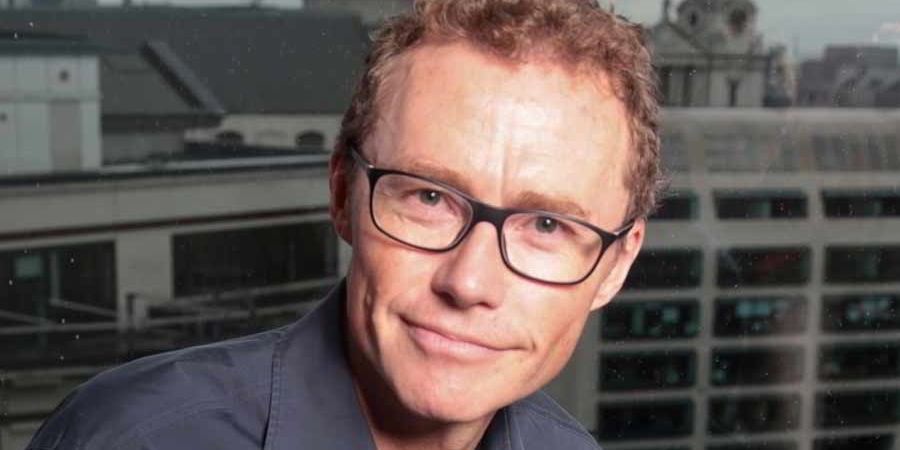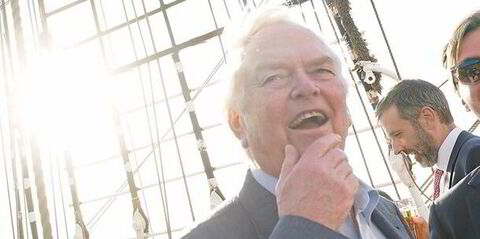Lesson one
Greek shipping’s talent for reinvention gives it an edge. With the worst of the industry’s crisis in recent years now over, modest optimism about the outlook for at least the next 18 months generated a positive mood. An impression of a fresh start is apparent now the new generation of entrepreneurs — many running major listed companies — are starting to move into positions of authority and influence among their peers, bringing a younger, more open and accessible perspective.
Lesson Two
There will be no fresh boom anytime soon, after the cold shower given the markets in the past three months. The headstrong confidence seen at the start of this year, fuelled by rising rates, ship prices and capital inflows, has cooled, with even optimists expecting only a slow and steady 1990s-style recovery. Pessimists even fear Posidonia 2016 is possibly set to mark the start of the next slump.
Lesson three
New “eco” ships now operating do deliver the fuel efficiency gains of $3,000 to $10,000 per day that yards promised, and that can be the difference between being able to operate and layup. However, if the flood of new money drives another round of orders later this year it will likely kill the market for several major ship types for a further cycle.
Lesson Four
Integrated, pure-play public shipping companies are in favour with investors but there will always remain room for diversity — if it delivers returns. Separation of ownership from vessels’ commercial and technical operation can erode operating efficiency and add unforeseen risk. Public-market investors prefer to make their own choices on how to diversify.
Lesson five
The high-water mark of private-equity (PE) investment has now likely been passed but it is in the industry to stay. PE investors who got in early have made returns but found exit on demand is hard in volatile markets. New money — both public and private — has paused while waiting for freight markets to pick up later this year.
Lesson six
The next major legal battleground is likely to be between PE investors and private owners if their joint ventures fail to perform. Excel Maritime Carriers was only the start. There is a risk of a culture clash over contract law similar to that seen between Chinese yards and Western owners after the crash of the last decade. The lawyers will certainly be winners.
Lesson seven
Volumes of dry bulk shipping futures being traded are up to healthy levels once more but suspicion and misunderstanding of their potential remains widespread, even at senior levels in the industry. Tanker futures need wider use of dollar-per-day freight rates rather than Worldscale if they are to take off.
Lesson eight
Compliance with new and forthcoming regulations is a necessity, made easier with tightly integrated operations, but no one gets paid a premium by charterers for anything more than those absolute minimum standards. Many regret such “compliance culture” but few have solutions for the real world.
Lesson nine
Technology is advancing faster than the market for new ships. While designs for newbuildings and retro-fits for the existing fleet are evolving rapidly, truly radical moves such as use of composites and crewless ships remain more than a decade away.
Lesson ten
Can soccer club Olympiacos — pride of their home port of Piraeus — win the European Champions League? They have the support of diehard local fans, and just as important that of backer Evangelos Marinakis, who is now making a mark not just in the tanker market but in the politics of his home port. We fear the team will likely need a new, bigger stadium, before they hit the top, however.



